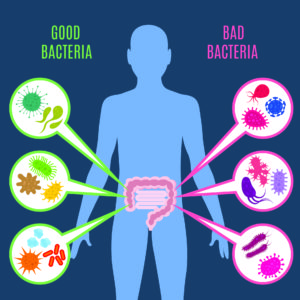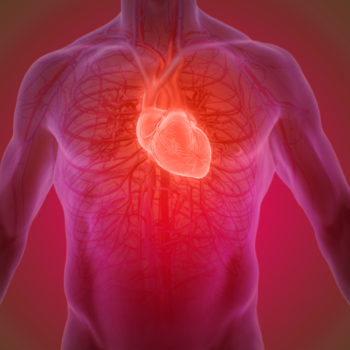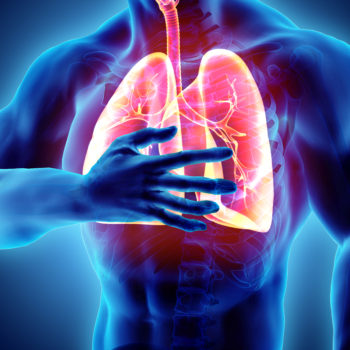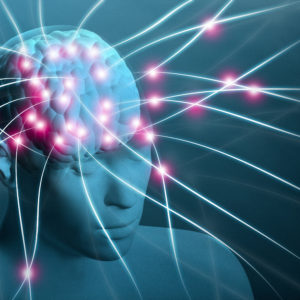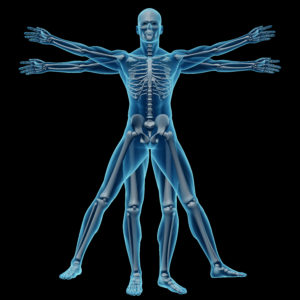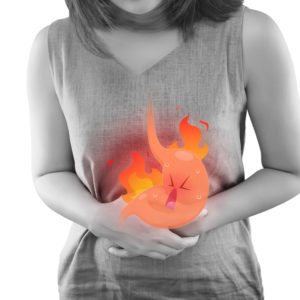
IMPORTANCE OF STOMACH ACID AND THE VICIOUS CYCLE OF INDIGESTION
Most people don’t realize the vital role that stomach acid (HCL) plays in digestion and overall health! Produced by the parietal cells lining the stomach, HCL is one of the main components of the stomach’s gastric juices. HCL is essential for maintaining the alkaline/acid balance needed during this phase of digestion. Ample amounts of HCL are required in order to emulsify the foods consumed, as...
Read More
